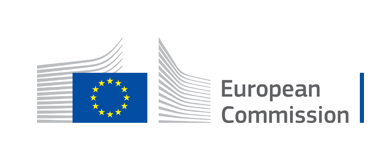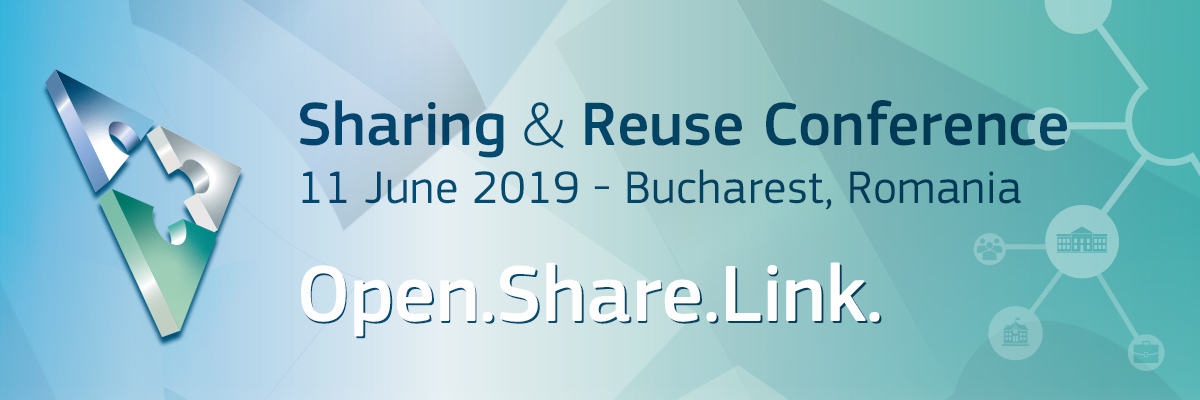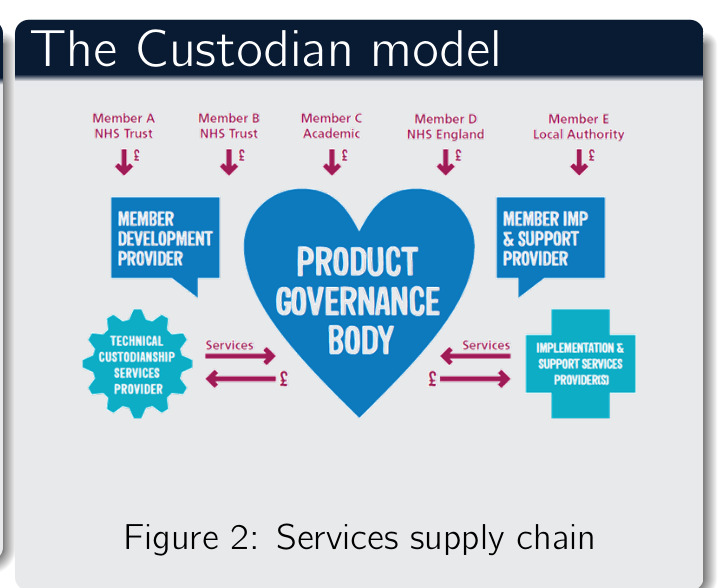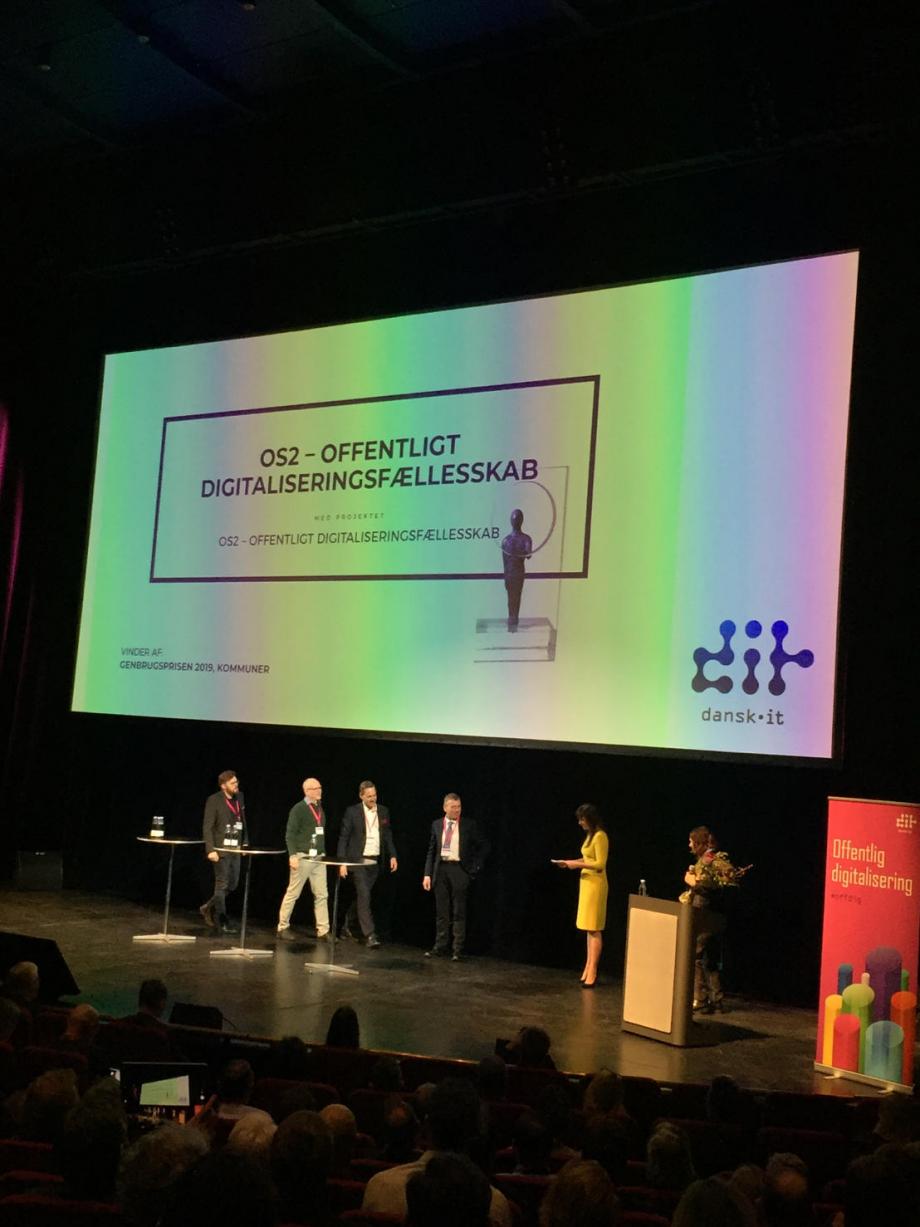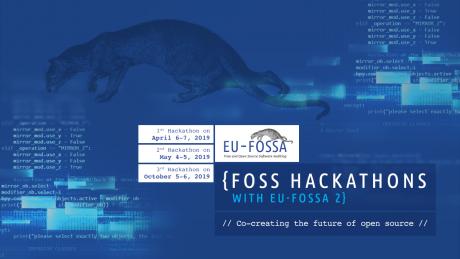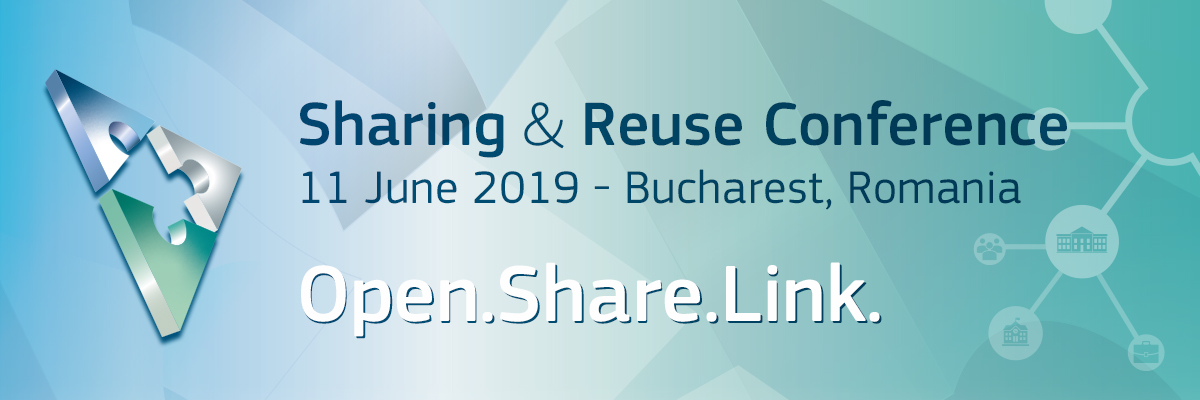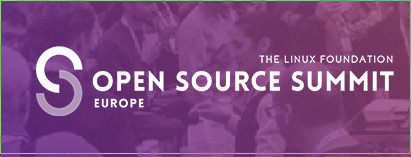|
|

|

|
|
|
|
|

|
Open Source Observatory (OSOR) newsletter
|
|
|
|
|
|
|
|
follow us :
|

|
|
|
|
|
|
|
The cloud's opportunity cost
|

|
|
|
|
|

|
|
Europe needs to step up its efforts to defend openness. Even in the cloud, there is a perpetual risk of lock-in: from the convenient bells and whistles management interface offered by Cloud giants, the scale of their offering, their ease of deployment to their pricing based on subscription or use. In addition, these services come with proprietary mechanisms for storage and transaction, their own message queuing and the seamless connections to their legacy computing platforms.
In Sweden, a government study shows that there is work to be done to make web-based office services (word processing, email and text/video chat) comply with the European General Data Protection Regulation (GDPR) and the country's rules on long-term archiving and secrecy. It seems likely that open source software and open standards are key to achieve this compliance.
In France, the Economic, Social and Environmental Council, a constitutional consultative assembly, concludes that free software and sharing and reuse are strategic parts of the European digital culture. CESE calls on the EU to place sovereignty at the heart of its digital model.
Only when truly open will ICT infrastructure offer freedom of choice, and can it power free software innovators to compete even with the biggest cloud provider. If we want the whole EU to experience a successful digital transformation, we must make sure everyone can participate.
One more reason for our governments to have policies that support open standards and open source. Their decisions must take the long view, and they must dare to do the right thing. Inconvenient? Perhaps, but well-worth our long-term benefits.
|
|
|
|
|
|
|
Latest News
|
|
|
|
Sharing & Reuse Awards 2019: 16 solutions shortlisted
|

|
|
Decidim, by the city of Barcelona, OpenFisca by France's eGovernment unit (DINSIC), and Web Accessibility Observatory Tracker by Spain's General Secretariat for Digital Administration are three of eight open source solutions shortlisted for the Sharing & Reuse Awards contest. The winners will be announced at the Sharing & Reuse conference, taking place in Bucharest, Romania, on 11 June.
|
|
|
|
|
|
|
Programme for Sharing & Reuse Conference 2019 announced
|

|
|
The provisional programme for the Sharing & Reuse Conference 2019, which will take place on 11 June in Bucharest, Romania, has been published. Under the theme Open.Share.Link., the event will provide an opportunity to be at the forefront of the latest developments in open source universe in Europe and beyond.
The conference will start with opening speeches by Mariya Gabriel, EU Commissioner for Digital Economy and Society, Cristian Cucu, representative of the Romanian Presidency of the Council of the EU and Mário Campolargo, Deputy Director-General of DG Informatics at the European Commission. Stela Mocan, Lead of Technology & Innovation Lab in the Office of the Chief Information Officer, World Bank Group will give the keynote speech.
|
|
|
|
|
|
|
UK grant for open source healthcare
|

|
|
The UK government has awarded a GBP 790,000 (about EUR 990,000) grant to research and implement eObs, an open source digital healthcare observation solution that can identify patients who are deteriorating and alert medical specialists. The solution, which uses information gathered by handheld devices, also helps cut workloads in medical wards by reducing the length of time patients stay and minimising the number of transfers and referrals.
|
|
|
|
|
|
|
Reuse award for Denmark’s OS2 open source community
|

|
|
Denmark’s Minister for Public Sector Innovation has awarded the Genbrugprisen (Reuse Award) of DKK 100,000 (about EUR 13,000) to the OS2 community, honouring the municipalities’ development of reusable ICT solutions.
|
|
|
|
|
|
|
European Commission raises bounty awards to challenge developers
|

|
|
For the next two weeks, the European Commission is raising its EU-FOSSA bug bounty awards. It is giving a 50% bonus for critical bugs, and a 30% bonus for other vulnerabilities. This means that certain bugs submitted with a fix can earn a developer up to EUR 45.000.
|
|
|
|
|
|
|
Sweden, Denmark, Estonia, Latvia join EuroHPC Joint Undertaking
|

|
|
The Linux Foundation launched the CHIPS Alliance, which will be home to open source projects related to microprocessors and Systems on a Chip (SoCs). All the early backers — Esperanto Technologies, Google, SiFive and Western Digital — are involved in the development, implementation and application of the open RISC-V processor architecture, which is one of the two architectures selected for the European Processor Initiative (EPI).
|
|
|
|
|
|
|
OSI refiles EUPL, now in its list of “International licenses"
|

|
|
OSI, the Open Source Initiative, categorises licences that are officially “open source” – meaning that OSI declares that such licences (or “licenses” according to the US spelling) are compliant with its Open Source Definition (OSD). The European Union Public Licence (EUPL) is now listed among “International licenses”, with CeCILL (a licence created in France by the three main public IT research organisations, INRIA, CEA and CNRS) and LiLiQ (a licence created by the State of Quebec – Canada).
|
|
|
|
|
|
|
France’s economic council wants a greater European role for free software
|

|
|
The European Union should encourage the use of free software, for example by setting quotas in public procurement and financing its development, says France’s Economic, Social and Environmental Council (Conseil économique, social et environnemental, or CESE). The constitutional consultative assembly sees free software, sharing and reuse as strategic parts of the European digital culture.
|
|
|
|
|
|
|
Unesco calls on governments to preserve source code
|

|
|
Unesco, the United Nations Educational, Scientific and Cultural Organization, is calling on governments to help preserve source code. The appeal is gaining support from researchers, universities and archives across the world. “The role of software development in all fields of innovation is still largely underrated,” Unesco says.
|
|
|
|
|
|
|
Norway’s new health archive is being built on open source
|

|
|
The new Norwegian Health Archives (Norsk helsearkiv, NHA) is being built using open source software, including operating system Linux, relational database management system MariaDB, search engine Elasticsearch, and digital preservation system Archivematica.
|
|
|
|
|
|
|
EU-FOSSA 2 Hackathons
|

|
|
The EU-FOSSA 2 initiative will host three hackathons during 2019. With over 50 confirmed participants, the first hackathon focused on PHP Symfony. It took take place in Brussels on 6 and 7 April.
|
|
|
|
|
|
|
Italian town to increase use of open source
|

|
|
The Italian town of Montelupo Fiorentino is expanding its move to open source, following a decision by the town’s council. This year, the IT department aims to switch some 90% of all its PC workstations to an open source operating system.
|
|
|
|
|
|
|
Latest Software
|
|
|
|
CityWeb
|

|
|
Cityweb is a CMS aimed at managing and implementing the web site of a local Public Administration, in particular municipalities, based on version 7 of the Drupal framework. The CMS makes it possible, through a distributed editing team, to organise and manage the content of the web site. The CMS administration interface offers integrated tools to manage menus, write texts, attach documents and multimedia elements, and the possibility to grant permits to create decentralised editing teams.
|
|
|
|
|
|
|
IoTIB Public Network (Balearic Islands)
|

|
|
IoTIB is the first IoT network in Europe that covers an entire region (the Balearic Islands). Our network is free software based and focused on providing service for IoT projects to all public institutions . It maintains the governance of the sensor network and it provides a unique middleware way to collect and send data. IoTIB uses the infrastructure of emergency and communications towers of the Baleraric Islands Government: antennas, fibre optics, radio links, secure encrypted communication and more.
|
|
|
|
|
|
|
OpenFisca
|

|
|
OpenFisca transforms legislation into code and allows you to: Calculate variables of the tax and benefit system of a country given input variables. Thus, OpenFisca can calculate social benefits and taxes on test cases (a person or a household). Simulate the budgetary consequences of a reform and its distributional impact when plugged on a survey. This means OpenFisca can calculate social benefits and taxes on population data (real data or survey data).
|
|
|
|
|
|
|
Interministerial web conferencing
|

|
|
The interministerial web conferencing platform is a set of interconnected applications mainly based on the open source and WebRTC-compatible Jitsi project. It allows the officials of the French state to create and join online meetings directly from a web browser and it includes many features such as screen sharing, collaborative real-time documents editing and instant messaging .
|
|
|
|
|
|
|
Shared solutions in the public sector of Catalonia
|

|
|
In 2001, all Catalan administrations – the Catalan Government and local authorities - in a joint strategy signed in the Catalan Parliament created the Consortium Open Administration of Catalonia (AOC). Its mission is to promote the digital transformation of the Catalan authorities promoting governments agile, collaborative and logical. The AOC vision will ensure that people enjoy quality public services and live in an open society.
|
|
|
|
|
|
|
Lutece
|

|
|
LUTECE is a free and powerful Java based Content Management Framework developed by City of Paris since 2002. This software is an opportunity for other cities or associations to freely reuse, contribute and provide off-the-shelf services to their citizens. LUTECE received an award for the “Best Open Source Strategy” at the "Champion of Free Software" contest organised at Paris Open Source Summit 2018 and a Quality Award from OW2 in 2016.
|
|
|
|
|
|
|
open-eid - the Cornerstone of e-Governance
|

|
|
Open-eID software is a collection of software components offering support for PKI-based functionality, i.e. operations with different cryptographic tokens (e.g. eID cards), handling digitally signed documents, file encryption/decryption and signing and authentication in web environment.
|
|
|
|
|
|
|
Upcoming Events
|

|
|
11/06/2019 - 11/06/2019
|
|
|
|
Sharing & Reuse Conference 2019
|
|
The Sharing & Reuse conference, taking place in Bucharest (Romania) on 11 June, is organised by the European Commission’s ISA² Programme under the patronage of the Romanian Presidency of the Council of the Europe. The conference will be opened by Mariya Gabriel, EU Commissioner for Digital Economy and Society, Cristian Cucu, representative of the Romanian Presidency of the Council of the EU and Mário Campolargo, Deputy Director-General of DG Informatics at the European Commission. Stela Mocan, Lead of Technology & Innovation Lab in the Office of the Chief Information Officer, World Bank Group will give the keynote speech.
The conference will bring together representatives of public administration and private sector - policy and decision makers, legal professionals and procurers, IT managers and developers, open source enthusiasts and advocates. We will get together to discuss open source policies and strategies, and their implementation in EU Members States.
|
|

|

|
|

|
|
|
|
|
|

|
|
12/06/2019
|
|
|
|
UK Open Source Awards
|
|
The UK Open Source Awards is a non-profit event celebrating significant contributions made by participants in the UK to Open Source technology.
|

|
|
|
|
|
|
|
|
|
|
|
|
